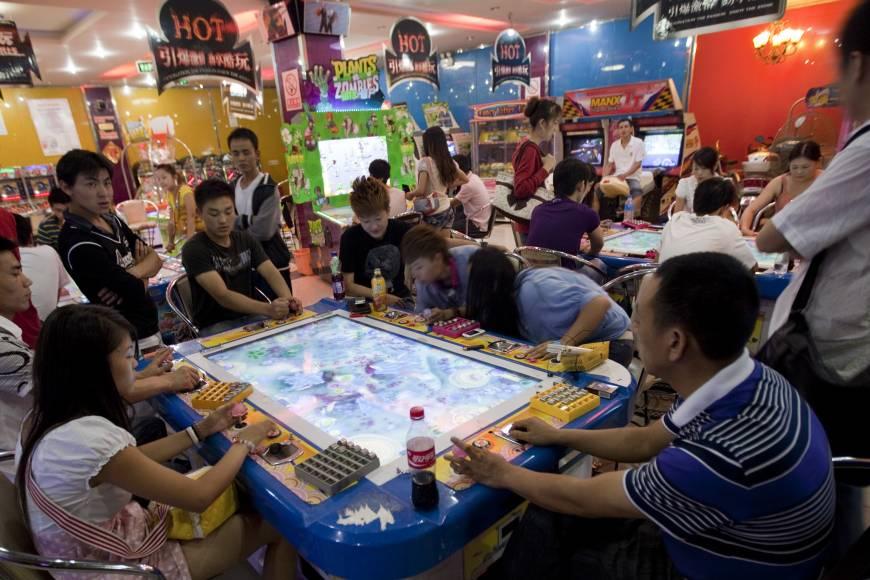
China implements strict online video game curfew for minors
Ever since the World Health Organization deemed video game addiction real, some countries have been scrambling to find a solution. Earlier today, China announced that minors will now have a curfew when it comes to online gaming.
The “Notice from Preventing Minors from Indulging in Online Games” outlines six initiatives for fighting gaming addiction in China. The rules state that anyone under the age of 18 will be banned from playing online games from 10 PM to 8 AM. Additionally, minors can only play for 90 minutes per day on weekdays. They’re allowed up to three hours per day on the weekend and holidays.
The initiative also outlines how much money minors can spend on their gaming accounts. Gamers from ages eight to 16 will only be allowed up to 200 yuan, or $29, per month. 16 to 18-year-old players can spend up to 400 yuan, or $57 monthly.
An administration spokesperson said these new rules would be implemented by strengthening the supervision and inspection in all Chinese territories. They would also be working with police to implement a real-name registration system, enabling gaming companies to find out the identity of their users to put into a database.
The sixth point in the initiative is to help guide parents and schools to “fulfill the responsibility of guardianship of minors” by helping them break away from online game consuption and repetitive gaming behaviors.
“Without the effective supervision and support of accompanying guardians, the implementation of the relevant system will inevitably be greatly reduced,” they said.
Speaking to the Xinhua News Agency, the spokesperson explained that these rules would protect minors’ physical and mental health.
“While satisfying the needs of the people for leisure and entertainment and enriching the people’s spiritual and cultural life, some minors are addicted to games and excessive consumption, which are worthy of high attention. These problems affect the physical and mental health and normal learning and life of minors,” they explained.
Will Chinese esports players be affected by new laws?
Regardless of how this will impact youths and general mental health in China, some international fans are also curious as to how this will impact training regiments for aspiring esports professionals in China. 90 minutes is hardly sufficient practice time, but if no exceptions are made to the government’s rules, even pro players under the age of 18 would be restricted in this way.
It’s an especially relevant conversation considering the recent international rise of teams in the LPL, the top League of Legends competitive league in China. Chinese team Invictus Gaming won the 2018 League of Legends World Championship, and domestic competitor Fun Plus Phoenix has already qualified for this year’s world championship final.
South Korea implemented a similar law in 2011, known as the Youth Protection Revision Act or Cinderella Law. From midnight to 6 AM, anyone under 16 years old is blocked from all online games. Games available on Xbox Live or the PlayStation Network were entirely banned. This has unsurprisingly has led to many cases of identity falsification, where underage gamers have attempted to elude the law by pretending to be older.
China has been in the spotlight all year for their strict video game rules of late. In May, the country banned the word “kill” from video games, as well as all blood and gore. This led some game companies, like Tencent, to create China-friendly versions of their games. Game for Peace is a PUBG-lookalike that features opponents waving goodbye instead of dying when they’re eliminated.
Recommended

What games would be at the Esports Olympics in 2025?
Would CS2 be in the Olympics gamelineup?

What did MrBeast crewmember Ava Kris Tyson do?
There are several accusations.

Heihachi announced as the next DLC character for Tekken 8
We finally have some answers.







